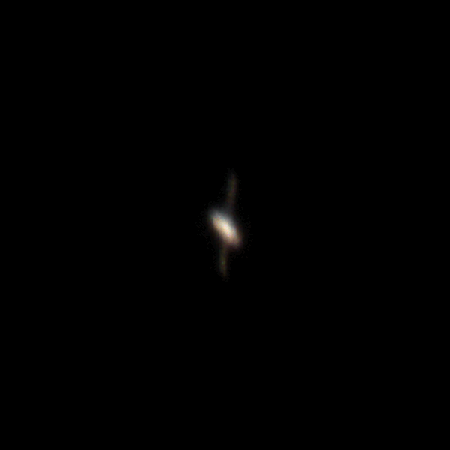Roscosmos specialists have not yet been able to launch the main engines of the Nauka module (MLM) for orbit correction, which was planned to be carried out today, the cause of the failure is not exactly clear, a source in the rocket and space industry told N + 1. Earlier it was reported that the module, successfully launched from Baikonur on July 21 and put into the target orbit, had problems in the fuel system. The press service of Roscosmos has not yet given information about the status of the module. However , according to the author of the RussianSpaceWeb site Anatoly Zak, the time for the planned correction of the orbit has not yet come.
Updated: At 19:16, Roscosmos reported that it is currently receiving telemetry from the module's systems and using telemetry data, it checks the operability of on-board equipment. No other details are reported.
The Nauka module is to become the third large Russian module in the International Space Station. It was supposed to fly to the station back in 2009, but the launch was repeatedly postponed. On Wednesday evening, July 21, the Proton-M rocket successfully launched the module into a near-Earth elliptical orbit with an apogee of 375.5 kilometers, a perigee (the closest point of the orbit to the Earth) of 199 kilometers and an inclination of 51.6 degrees. The solar panels and antennas of the module opened safely.
For docking, the module will have to raise its orbit to the ISS orbit (a circular orbit with a height of about 400 kilometers). To do this, "Science" must turn on the main engines four times (DCS-correction and stabilization engines), which operate on an asymmetric dimethylhydrazine-nitrogen tetraoxide fuel pair.
According to the source of N + 1, on Wednesday, immediately after the separation from the third stage of the Proton, specialists conducted a test activation of the engines, it passed without comments. However, then specialized software was launched on board, after which failures began.
An attempt to turn on the engines for a planned correction failed, the source said.
According to Anatoly Zak, the author of the RussianSpaceWeb website, the module can make about 30 revolutions in near-Earth orbit before the atmosphere begins to significantly affect its orbit. This means that the module has a time reserve of about two days. In addition, according to his information, new software is being loaded on board and an attempt will be made to turn on the engines.
We told more about the history of "Science" in the large material "Fatal Shavings" .
Sergey Kuznetsov

